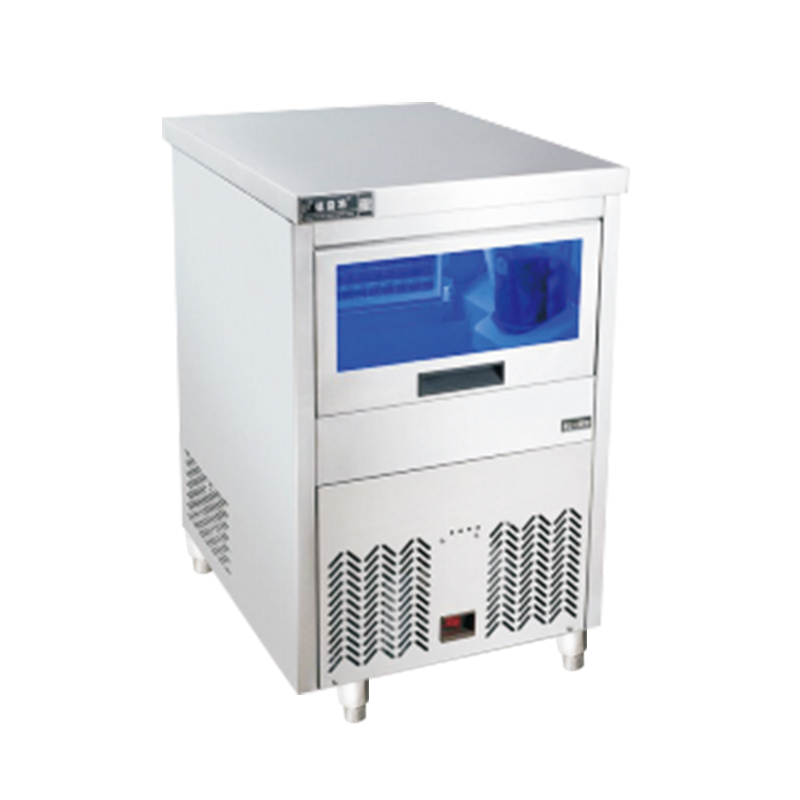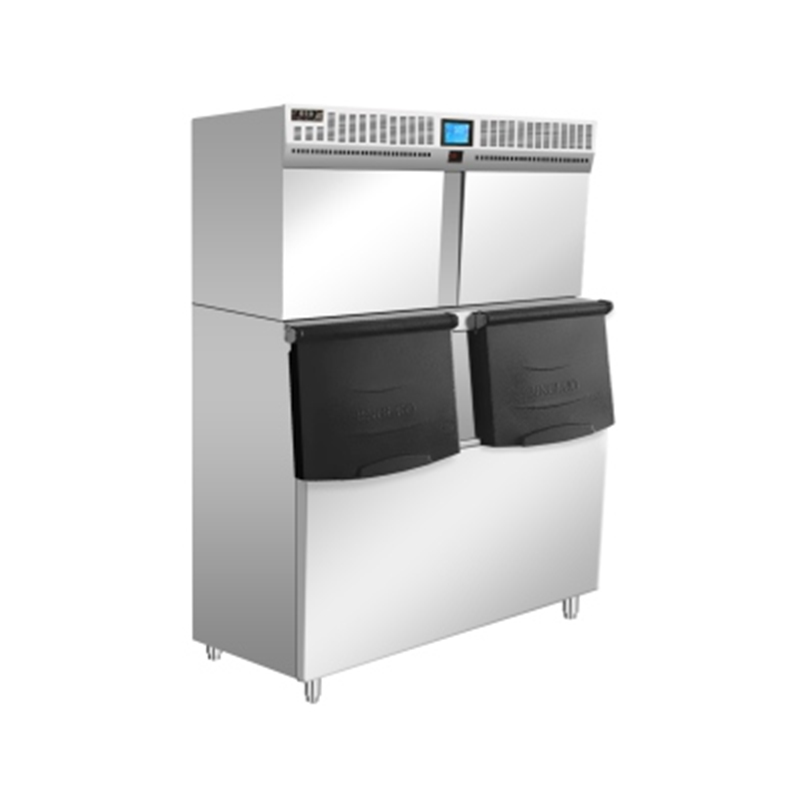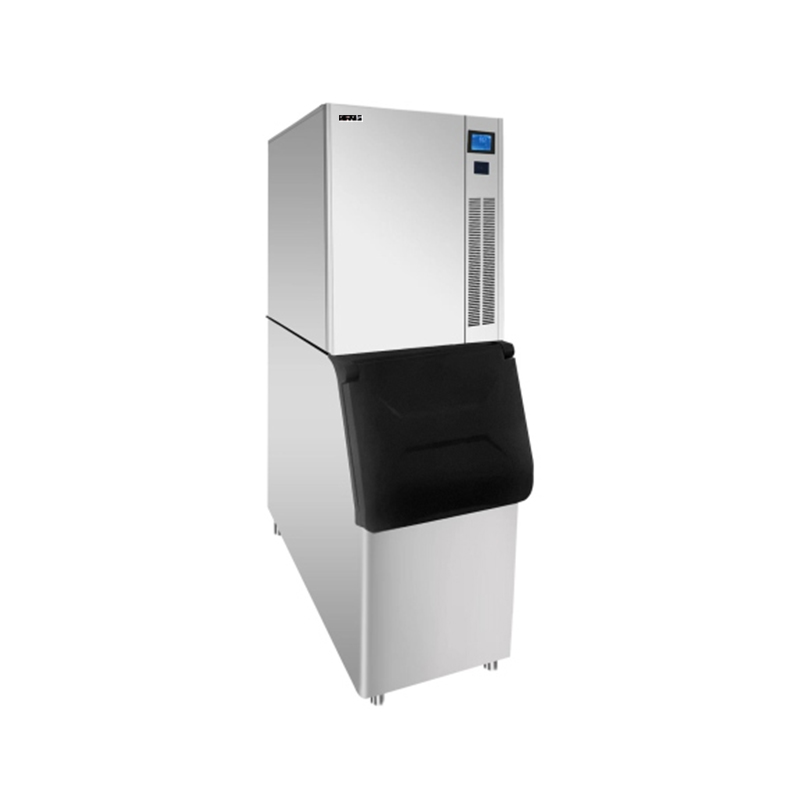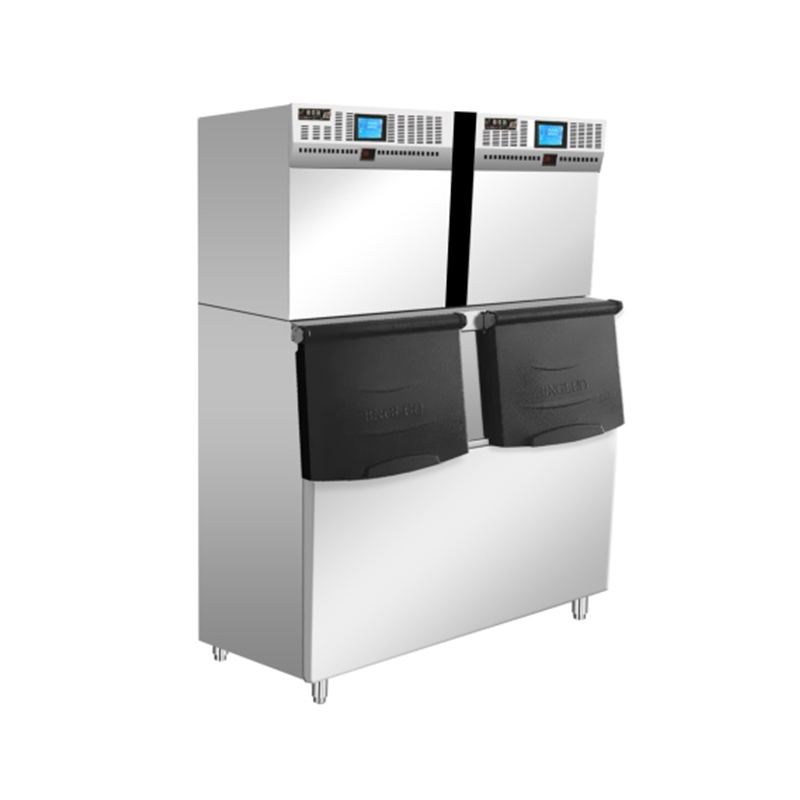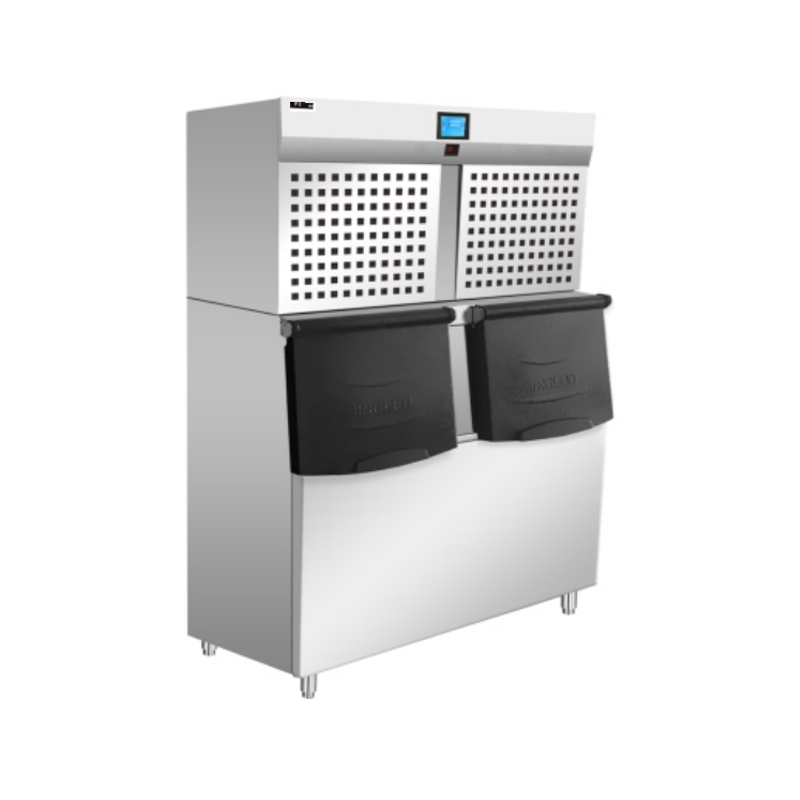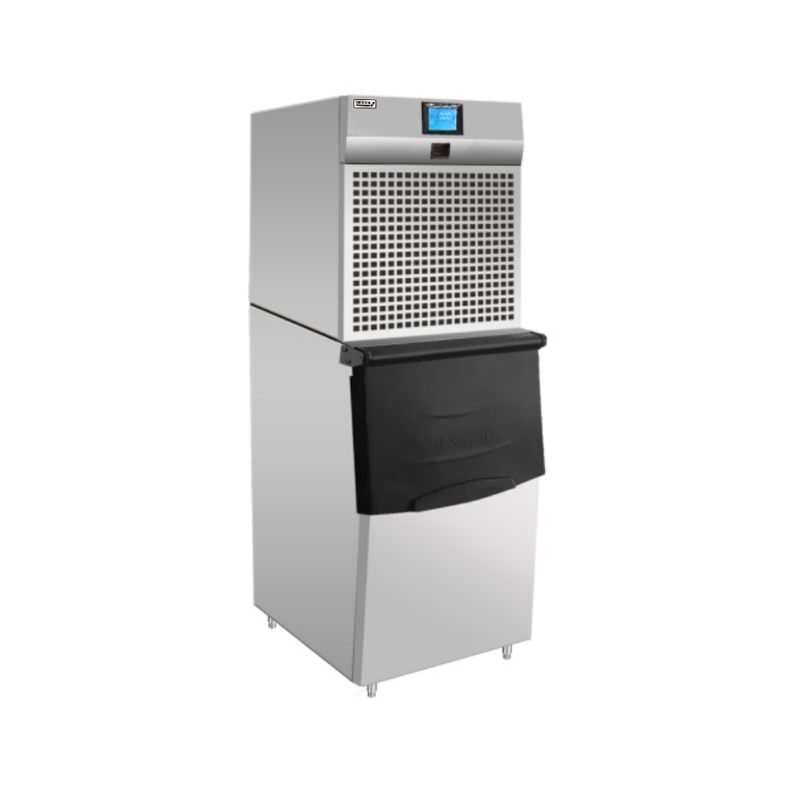2025-09-02
How to perform preventive maintenance on a Restaurant Refrigerators?
In the bustling world of a commercial kitchen, restaurant refrigerators are the workhorses of your operation. They protect your food inventory, ensure food safety, and keep your business compliant with health regulations. When a refrigerator breaks down, it’s not just an inconvenience—it's a crisis that can lead to thousands of dollars in spoiled food and lost business.
The good news is that most breakdowns can be prevented with a consistent and proactive maintenance plan. Performing regular preventive maintenance on your restaurant refrigerators will extend their lifespan, improve their energy efficiency, and save you from costly emergency repairs.
Here’s a professional guide to keeping your refrigeration units in top shape.
1. The Weekly Checklist
This is your first line of defense against unexpected issues. A quick weekly check can catch small problems before they become major headaches.
-
Check the Temperature: Use a separate, accurate thermometer to verify the internal temperature of each refrigerator. For most foodservice items, the temperature should be between 35°F and 40°F (1.7°C and 4.4°C). If the temperature is off, adjust the thermostat and check again in a few hours.
-
Inspect the Door Gaskets: The rubber seal around the door, known as the gasket, is crucial for maintaining a tight seal. Inspect it for any cracks, tears, or signs of wear. A faulty gasket can cause cold air to leak out, forcing the compressor to work harder and leading to ice buildup. Clean the gasket with warm, soapy water to remove any food debris.
-
Clear the Vents: Ensure that the air vents inside the refrigerator are not blocked by food containers. Proper airflow is essential for the unit to cool evenly and efficiently.
2. The Monthly Deep Clean
Once a month, it's time to perform a more thorough cleaning to ensure your restaurant refrigerators are operating at peak performance.
-
Clean the Condenser Coils: This is arguably the most important maintenance task. The condenser coils are located either on the top or bottom of the unit and are responsible for releasing heat. Over time, they collect a significant amount of dust, dirt, and grease from the kitchen air. Dirty coils prevent the unit from cooling effectively, which can lead to overheating and compressor failure.
-
How to do it: Turn off and unplug the unit. Use a stiff brush or a vacuum cleaner with a brush attachment to gently remove the debris from the coils. For heavily soiled coils, a professional cleaning service may be necessary.
-
-
Wipe Down Interior and Exterior Surfaces: Empty the refrigerator and clean all interior shelves and walls with a food-safe cleaning solution. This not only keeps the unit sanitary but also prevents mold and mildew growth. Don't forget to wipe down the exterior, including the handles and tops of the units.
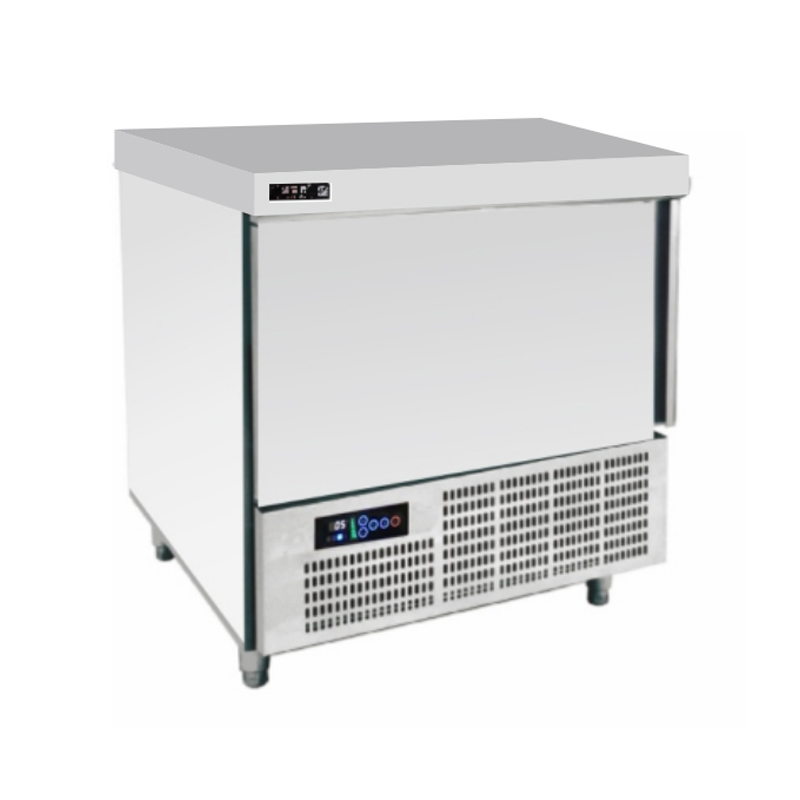
3. The Quarterly Professional Service
While a dedicated in-house team can handle most of the day-to-day maintenance, it's highly recommended to schedule a professional service call at least once every three months. A qualified HVAC/refrigeration technician can perform tasks that are beyond the scope of a standard kitchen staff.
-
Check Refrigerant Levels: The technician will measure the refrigerant levels and pressure. Low refrigerant levels can indicate a leak, which will lead to a gradual loss of cooling power and eventually compressor failure.
-
Lubricate Fan Motors: The fan motors in the evaporator and condenser need to be lubricated to ensure they run smoothly and quietly.
-
Inspect and Calibrate Controls: A professional can check that the thermostat and other controls are properly calibrated, ensuring the unit is holding its temperature accurately.
-
Full System Check: The technician will perform a complete inspection of all components, including the compressor, defrost timer, and drainage system, to identify any signs of wear or potential issues.
By implementing this three-tiered approach to preventive maintenance—weekly checks, monthly deep cleans, and quarterly professional services—you’ll maximize the efficiency and longevity of your restaurant refrigerators. This proactive strategy not only protects your valuable inventory but also provides peace of mind, allowing you to focus on what you do best: running a successful restaurant.

 English
English русский
русский Español
Español عربى
عربى